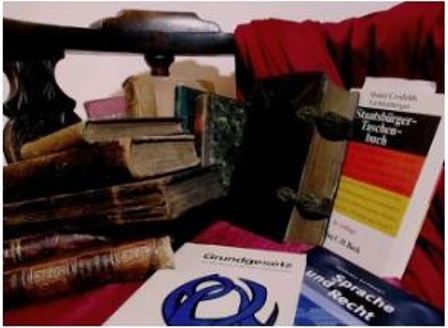The Law and How to Break It: Reading and Translating Ezra Pound’s Canto 22
Parole chiave:
Law, Ezra Pound, Canto 22, vignettesAbstract
Published in 1929, canto 22 is a collection of vignettes in which Odyssean wit meets the Cyclops of vested interest, tradition and law, sometimes perishing, sometimes outwitting it. Pound admires human resourcefulness in its many guises. A long autobiographic section presents reminiscences of Gibraltar as he had seen it in 1908, and of a friend there, Jusef Benamore, with whom he attends a service in the old synagogue. In the final vignette, based on an anecdote recounted in Franco Sacchetti’s Trecentonovelle, a woman outwits a judge who wants to fine her for breaking Florentine sumptuary laws. The woman’s language games suggest that reality escapes definition and cataloguing. Hence the impossibility and derring-do of the poet’s attempt to seize the real within the covers of a book. In other important passages of The Cantos we find the principle that human bonds and sympathies have precedence over official regulations. Pound always conceived of himself as a breaker of rules. Pound’s version of Sacchetti offers interesting challenges for the Italian translator. He/she must choose whether to retranslate Pound’s idiomatic (in fact, cockney) English or import phrases from the Italian source. The two translations currently in print in Italy (1985 and 2012) follow the latter course.


